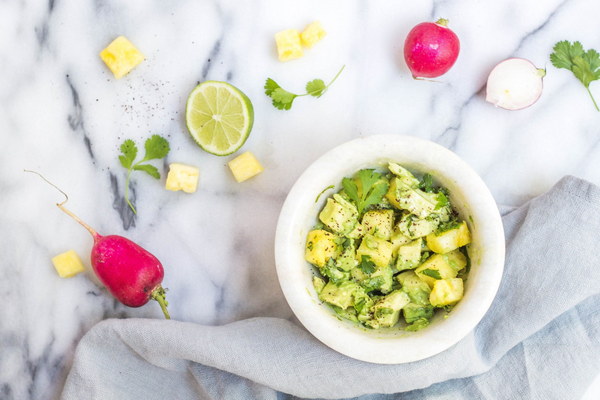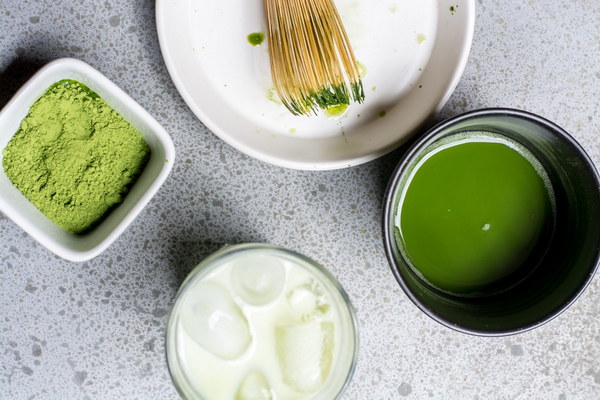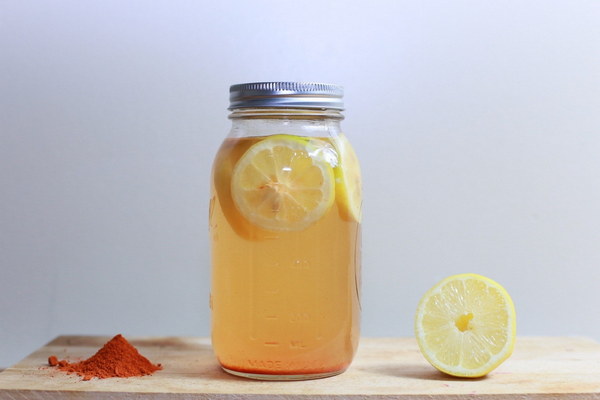Revitalize Your Liver with Blossom Nutrition Embracing the Healing Power of FlowerEating
In today's fast-paced world, taking care of our liver health is more important than ever. The liver, often referred to as the body's filter, plays a crucial role in detoxifying and metabolizing harmful substances. One of the best ways to support liver function is through a balanced diet that includes flowers. Flower-eating not only adds a unique twist to your culinary experiences but also offers a plethora of health benefits. Let's delve into the world of flower nutrition and discover how incorporating these blossoms into your diet can help revitalize your liver.
Flowers have been used in traditional medicine for centuries, with many cultures valuing their therapeutic properties. These vibrant blossoms not only enhance the aesthetic appeal of dishes but also provide a wealth of nutrients that promote overall well-being. Here are some popular flowers that can help support liver health:
1. Dandelion (Taraxacum officinale)
Dandelion is a well-known liver tonic, often praised for its ability to stimulate bile production and improve liver function. This hardy flower is packed with vitamins A, C, and K, as well as essential minerals like potassium and iron. Consuming dandelion leaves or tea can help detoxify the liver and support its natural purification processes.
2. Chicory (Cichorium intybus)
Chicory is another flower that has been traditionally used to support liver health. It contains inulin, a prebiotic fiber that helps promote the growth of beneficial gut bacteria, which, in turn, supports liver function. Chicory can be consumed as a coffee substitute or added to salads and smoothies for a slightly bitter, earthy flavor.
3. Milk Thistle (Silybum marianum)
Milk thistle is one of the most well-researched herbs for liver health. The active compound, silymarin, has been shown to protect liver cells from damage caused by toxins and improve liver function. You can find milk thistle in supplement form or incorporate it into your diet by using the seeds to make tea or coffee.
4. Calendula (Calendula officinalis)
Calendula, also known as pot marigold, is a vibrant flower that has been used to treat various ailments, including liver conditions. This flower contains compounds that help reduce inflammation and promote healing, making it beneficial for liver health. Calendula can be added to soups, stews, or teas for a delightful flavor.
5. Lavender (Lavandula angustifolia)
Lavender is not only known for its soothing aroma but also for its liver-supporting properties. This fragrant flower can help improve bile flow and reduce inflammation. Incorporate lavender into your diet by adding it to desserts, baked goods, or brewing it into a relaxing tea.
In addition to these specific flowers, many other blossoms can be enjoyed for their health benefits. Here are some general tips for incorporating flower-eating into your diet:
- Add flowers to salads and smoothies for a burst of color and flavor.
- Infuse water with flowers for a refreshing, aromatic beverage.
- Use flowers as a garnish to enhance the presentation and taste of dishes.

- Explore local markets or gardens to discover unique flowers that may not be readily available in your area.
While flower-eating can offer numerous health benefits, it's important to consume them in moderation and consult with a healthcare professional before making significant changes to your diet. Some flowers may contain allergens or toxins, so it's crucial to be aware of any potential risks and to ensure that the flowers you consume are safe and free from pesticides.
In conclusion, incorporating flower-eating into your diet can be a delightful and effective way to support liver health. By adding flowers like dandelion, chicory, milk thistle, calendula, and lavender to your meals, you can revitalize your liver and enjoy a host of other health benefits. So, why not embrace the beauty and health-promoting properties of blossoms and let them enhance your well-being?









